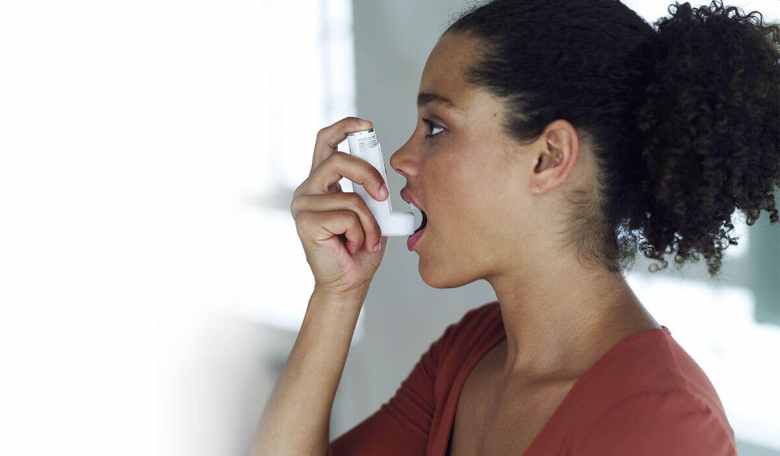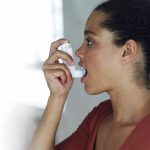People with asthma are 30% less likely to contract COVID-19 – may be due to the use of inhalers which help reduce the likelihood of getting the virus, new Israeli study found

Contrary to what has been assumed by many medical professionals up until now, people with bronchial asthma are less likely to get COVID-19. According to new Israeli research, people with asthma are 30 percent less likely to contract the coronavirus
The new research, which is titled: “COVID-19 susceptibility in bronchial asthma,” was accepted for publication in a peer-reviewed journal and is slated to be published in the Journal of Allergy and Clinical Immunology this month and which was also reviewed by the Jerusalem Post. The study found that asthma may somehow nullify the effects of the virus or keep it from replicating. The research findings were not dependent on age, gender, or socioeconomic status.
In a 37,000-strong cohort, Israeli researchers found a higher proportion of asthma sufferers in the group who tested negative for coronavirus than those who tested positive. This suggests various factors to do with the common lung condition are somehow nullifying the effects of the virus or keeping it from replicating.
According to the Jerusalem Post, the research included all health fund enrollees who had been tested for COVID-19 from February 1 to June 30, 2020 – some 37,569 people, including 2,266 who tested positive. Asthma was found in 153 or 6.75% of COVID-19 positive patients and in 3,388 or 9.62% of those who tested negative.
‘Bronchial asthma has not been adequately assessed in coronavirus disease 2019 (Covid-19),’ said the team from Tel-Aviv University in Tel-Aviv, Israel. ‘We observed lower Covid-19 susceptibility in patients with pre-existing asthma.’
The researchers proposed three main theories for why people with asthma are less likely to test positive for Covid-19, as explained by study author Dr. Eugene Merzon to the Jerusalem Post.
The first is physical: Respiratory allergy is associated with significant reductions in angiotensin-converting enzyme 2 (ACE2) receptors in the lungs, the protein that provides the entry point for COVID-19 to hook into and infect human cells.
The second, the difference may be sociological – because people with pre-existing respiratory conditions, in particular, have been strongly warned about the dangers of exposing themselves to the virus, they’ve been extra vigilant.
The study recommended that further studies be done to better define how chronic comorbidity might modify compliance with public health measures to limit the effects of pandemics.
Finally, the researchers explained that treatment for asthma with inhaled corticosteroids (ICSs) could reduce the likelihood of getting the virus. “The recommendation is that these patients make sure they continue taking their medication” during the pandemic, Merzon said.

